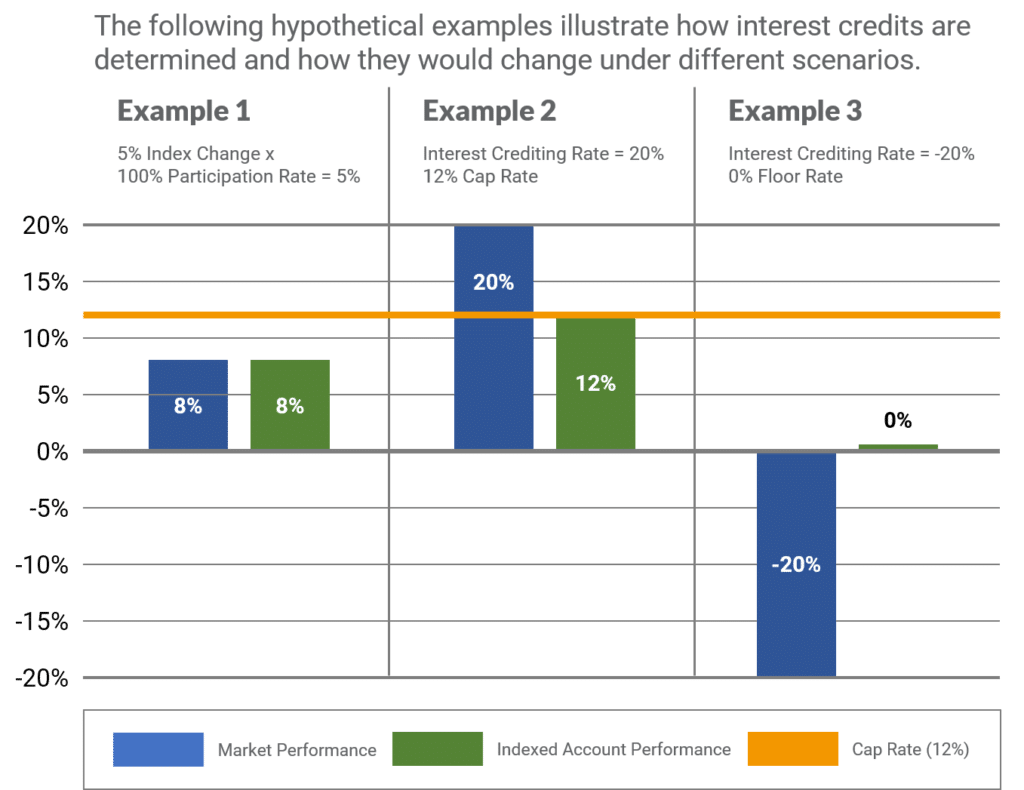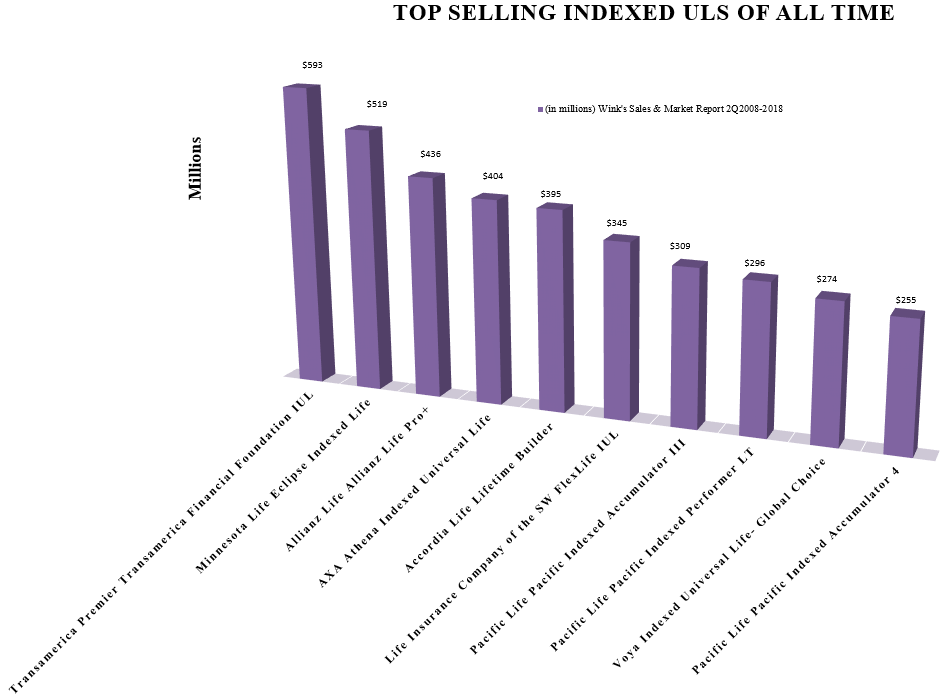All Categories
Featured
Table of Contents
1), usually in an effort to defeat their group averages. This is a straw guy argument, and one IUL folks enjoy to make. Do they compare the IUL to something like the Vanguard Total Stock Market Fund Admiral Show no tons, a cost proportion (ER) of 5 basis factors, a turnover ratio of 4.3%, and an extraordinary tax-efficient document of circulations? No, they contrast it to some horrible proactively taken care of fund with an 8% load, a 2% EMERGENCY ROOM, an 80% turnover proportion, and a horrible document of short-term funding gain circulations.
Common funds often make annual taxable distributions to fund proprietors, also when the worth of their fund has decreased in value. Shared funds not just call for earnings coverage (and the resulting yearly taxes) when the common fund is going up in value, however can likewise impose earnings tax obligations in a year when the fund has actually dropped in worth.
You can tax-manage the fund, gathering losses and gains in order to lessen taxable distributions to the financiers, yet that isn't in some way going to alter the reported return of the fund. The ownership of shared funds may require the shared fund owner to pay approximated tax obligations (universal life safety products).

IULs are simple to place so that, at the proprietor's fatality, the recipient is not subject to either earnings or estate tax obligations. The exact same tax obligation decrease techniques do not work nearly too with shared funds. There are countless, typically expensive, tax traps connected with the timed trading of shared fund shares, catches that do not relate to indexed life insurance policy.
Chances aren't extremely high that you're mosting likely to be subject to the AMT due to your mutual fund distributions if you aren't without them. The remainder of this one is half-truths at finest. While it is real that there is no earnings tax due to your beneficiaries when they acquire the earnings of your IUL policy, it is additionally real that there is no revenue tax obligation due to your heirs when they inherit a shared fund in a taxable account from you.
Insurance Stock Index
There are better ways to avoid estate tax obligation problems than buying financial investments with reduced returns. Mutual funds might cause earnings tax of Social Security benefits.

The development within the IUL is tax-deferred and may be taken as tax obligation free earnings by means of car loans. The policy owner (vs. the shared fund supervisor) is in control of his or her reportable revenue, thus allowing them to decrease or perhaps eliminate the tax of their Social Safety and security benefits. This one is terrific.
Right here's another minimal issue. It's real if you acquire a shared fund for claim $10 per share right before the distribution date, and it distributes a $0.50 circulation, you are after that going to owe taxes (probably 7-10 cents per share) regardless of the reality that you haven't yet had any kind of gains.
In the end, it's truly concerning the after-tax return, not how much you pay in tax obligations. You're likewise possibly going to have more money after paying those tax obligations. The record-keeping needs for having common funds are dramatically extra complicated.
With an IUL, one's documents are kept by the insurance provider, duplicates of annual declarations are sent by mail to the owner, and circulations (if any type of) are completed and reported at year end. This is likewise sort of silly. Certainly you need to keep your tax obligation records in case of an audit.
Insurance Index
All you need to do is push the paper right into your tax folder when it appears in the mail. Hardly a reason to acquire life insurance policy. It resembles this guy has never ever spent in a taxed account or something. Mutual funds are frequently part of a decedent's probated estate.
On top of that, they are subject to the hold-ups and expenditures of probate. The profits of the IUL plan, on the other hand, is always a non-probate distribution that passes beyond probate directly to one's named beneficiaries, and is for that reason not subject to one's posthumous creditors, unwanted public disclosure, or similar delays and prices.
Medicaid incompetency and lifetime revenue. An IUL can offer their owners with a stream of earnings for their whole life time, regardless of just how long they live.

This is helpful when arranging one's affairs, and converting possessions to earnings before an assisted living facility arrest. Shared funds can not be converted in a similar way, and are often considered countable Medicaid properties. This is an additional dumb one promoting that inadequate people (you understand, the ones who require Medicaid, a federal government program for the bad, to spend for their assisted living home) must use IUL as opposed to shared funds.
Net Payment Cost Index Life Insurance
And life insurance policy looks dreadful when compared fairly against a pension. Second, individuals who have money to purchase IUL over and past their retired life accounts are mosting likely to need to be dreadful at managing cash in order to ever before qualify for Medicaid to pay for their retirement home expenses.
Persistent and terminal ailment rider. All policies will certainly enable a proprietor's simple accessibility to money from their plan, usually forgoing any type of abandonment charges when such individuals endure a major disease, require at-home treatment, or end up being constrained to a nursing home. Shared funds do not provide a comparable waiver when contingent deferred sales costs still put on a mutual fund account whose proprietor requires to sell some shares to fund the expenses of such a remain.
Max Funded Insurance Contract
Yet you obtain to pay even more for that benefit (motorcyclist) with an insurance plan. What a great bargain! Indexed universal life insurance policy gives fatality benefits to the beneficiaries of the IUL proprietors, and neither the owner neither the beneficiary can ever before lose cash due to a down market. Shared funds give no such warranties or fatality benefits of any type of kind.
I definitely do not need one after I reach economic independence. Do I want one? On standard, a purchaser of life insurance pays for the true expense of the life insurance policy benefit, plus the costs of the plan, plus the revenues of the insurance coverage business.
Universal Life Insurance Rates
I'm not totally certain why Mr. Morais included the entire "you can't lose cash" once again below as it was covered rather well in # 1. He simply intended to repeat the very best selling factor for these things I mean. Once again, you don't shed small dollars, but you can shed genuine dollars, in addition to face significant possibility expense because of low returns.

An indexed global life insurance policy policy owner might exchange their plan for a completely various policy without setting off income taxes. A shared fund owner can stagnate funds from one common fund business to one more without offering his shares at the former (thus setting off a taxed event), and repurchasing brand-new shares at the latter, typically subject to sales charges at both.
While it holds true that you can exchange one insurance plan for an additional, the reason that individuals do this is that the very first one is such a horrible plan that even after buying a new one and going through the early, unfavorable return years, you'll still come out ahead. If they were offered the right policy the initial time, they shouldn't have any desire to ever trade it and go through the very early, negative return years once more.
Latest Posts
Indexed Whole Life
Universal Life Tax Shelter
Guaranteed Universal Life Insurance Cost